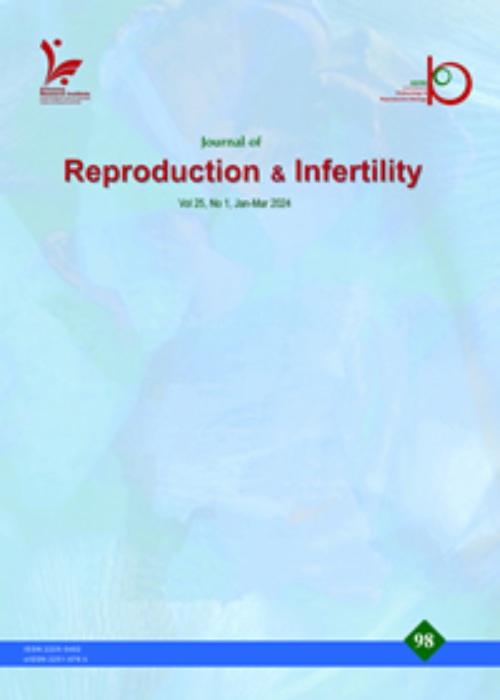Perspectives and Challenges of Surrogacy in Iran
Author(s):
Abstract:
Introduction
Surrogacy is a new approach for treating infertility in couples whose female partner lacks a functional uterus for conceiving or delivering a neonate congenitally or as a result of medical or surgical complications. The procedure has been in practice in Iran for the past few years. Understandably, the procedure has given way to many debates regarding the ethical, psychosocial and legal aspects of the issue.Materials and Methods
We reviewed the literature on surrogacy, as well as related legal issues in other countries.Results
Amazing progresses in infertility treatment have paved the way for people who were desperately seeking a child of their own. This group includes couples whose female partner lacks a functional uterus to conceive and / or deliver a neonate. Surrogacy has made it possible for the couples to achieve their long-lived dream and other women could play the role of surrogate mothers for the couple’s future child, by carrying the fetus in partial or full modes of surrogacy. Separating roles of surrogate mothers and the parenting ones, many controversies regarding ethical, psychological and sociological points of view would rise. Legal problems may rise when a surrogate mother claims the baby. Ethically, the surrogate mothers health, her husbands and childrens consent and the accompanying risks should be taken into account. Probable psychological complications inflicting the mother or her family should not be overlooked too. The point that has raised a lot of opposition and concern is the sociological milieu surrounding the issue; where the procedure may turn to a market to exploit the needy and the poor. Therefore, some countries have adopted strict laws and have formed expert groups to assess and prevent possible problems in practicing surrogacy. Though, most studies depict that surrogacy carries few ethical or psychological problems for the involved parties including the baby. Humanistic aspects and fear of exploiting or abusing the disadvantaged need to be addressed carefully. Conclusion
It seems that ratifying laws regarding surrogacy and forming a committee to evaluate all aspects of surrogacy may prevent the probable aforementioned problems.Keywords:
Language:
Persian
Published:
Journal of Reproduction & Infertility, Volume:9 Issue: 2, 2008
Page:
137
magiran.com/p551635
دانلود و مطالعه متن این مقاله با یکی از روشهای زیر امکان پذیر است:
اشتراک شخصی
با عضویت و پرداخت آنلاین حق اشتراک یکساله به مبلغ 1,390,000ريال میتوانید 70 عنوان مطلب دانلود کنید!
اشتراک سازمانی
به کتابخانه دانشگاه یا محل کار خود پیشنهاد کنید تا اشتراک سازمانی این پایگاه را برای دسترسی نامحدود همه کاربران به متن مطالب تهیه نمایند!
توجه!
- حق عضویت دریافتی صرف حمایت از نشریات عضو و نگهداری، تکمیل و توسعه مگیران میشود.
- پرداخت حق اشتراک و دانلود مقالات اجازه بازنشر آن در سایر رسانههای چاپی و دیجیتال را به کاربر نمیدهد.
دسترسی سراسری کاربران دانشگاه پیام نور!
اعضای هیئت علمی و دانشجویان دانشگاه پیام نور در سراسر کشور، در صورت ثبت نام با ایمیل دانشگاهی، تا پایان فروردین ماه 1403 به مقالات سایت دسترسی خواهند داشت!
In order to view content subscription is required
Personal subscription
Subscribe magiran.com for 70 € euros via PayPal and download 70 articles during a year.
Organization subscription
Please contact us to subscribe your university or library for unlimited access!


